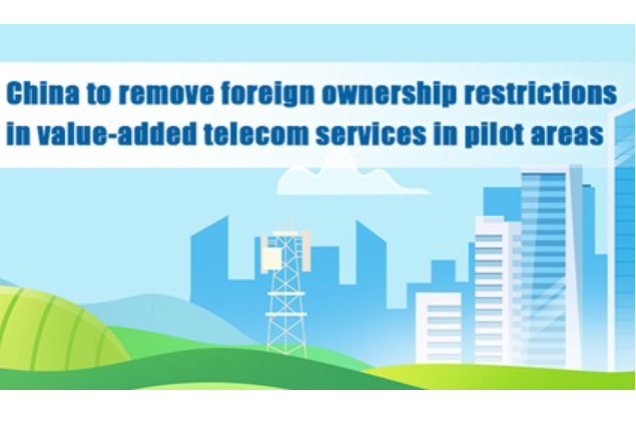Infineon to aid China's green push
By MA SI chinadaily.com.cn Updated: Apr 19, 2024
German chipmaker Infineon Technologies AG sees abundant growth opportunities arising from China's green transition, as the country's rapid development of new energy vehicles and wind and solar power capacities fuels rising demand for semiconductors, a senior executive said.
Andreas Urschitz, a member of the management board and chief marketing officer of Infineon, said in an exclusive interview with China Daily that he highly appreciates China's target of peaking carbon emissions before 2030 and achieving carbon neutrality before 2060.
"A lot of opportunities arise from this. Think about all the area of renewable energies. About 70 percent of global CO2 emissions stem from the energy sector," Urschitz said.
Semiconductors, in particular power semiconductors, sensors and microcontrollers, are essential to build the world's best and most affordable and commercially meaningful wind turbines and new energy harvesting systems that can replace fossil fuels, he said.
"Without chips, zero carbon is impossible," Urschitz said, adding that decarbonization and digitalization are to some extent like twins that are intertwined and depend on each other.
As Chinese energy companies are scaling up clean solar and wind power capacities to ensure that non-fossil fuels comprise 80 percent of the country's energy mix by 2060 from about 30 percent today, Infineon aims to provide efficient semiconductor solutions to facilitate the green push.
"It creates a lot of growth potential that can be leveraged for many companies on the planet, as semiconductors are a core pillar of enabling these technologies," said Urschitz who grew up on a farm near the Alps in Austria.
According to him, Infineon's latest silicon carbide products "can achieve 99 percentage points efficiency" in the power conversion of a solar power system, which means that the heat from the sun can be directly converted into energy through solar cells with very low losses.
To provide a platform for discussions on technology's role in facilitating global energy transition, Infineon held a "tech for" event in Shanghai last month. It focused on how to better leverage technology for sustainable megacities, including for buildings and mobility, urban planning and living.
As the world's largest automotive semiconductor company, Infineon also sees opportunities in China's fast-growing new energy vehicle sector.
"I believe that China has become a very fast mover, in particular, in the area of electrification, but also automated driving," Urschitz said.
Last year, NEV sales totaled 9.49 million units in China, making up 31.6 percent of new vehicle sales in the world's largest automotive market, according to statistics from the China Association of Automobile Manufacturers.
At least 40 percent of new vehicles sold in China this year will be NEVs, but it will carry smart features that can help NEV makers stand out amid the increasingly fierce competition, experts said.
Ouyang Minggao, an academician at the Chinese Academy of Sciences, said the upward spiral is expected to continue, pushing the figure beyond 40 percent and toward 50 percent in 2025.
![]()





